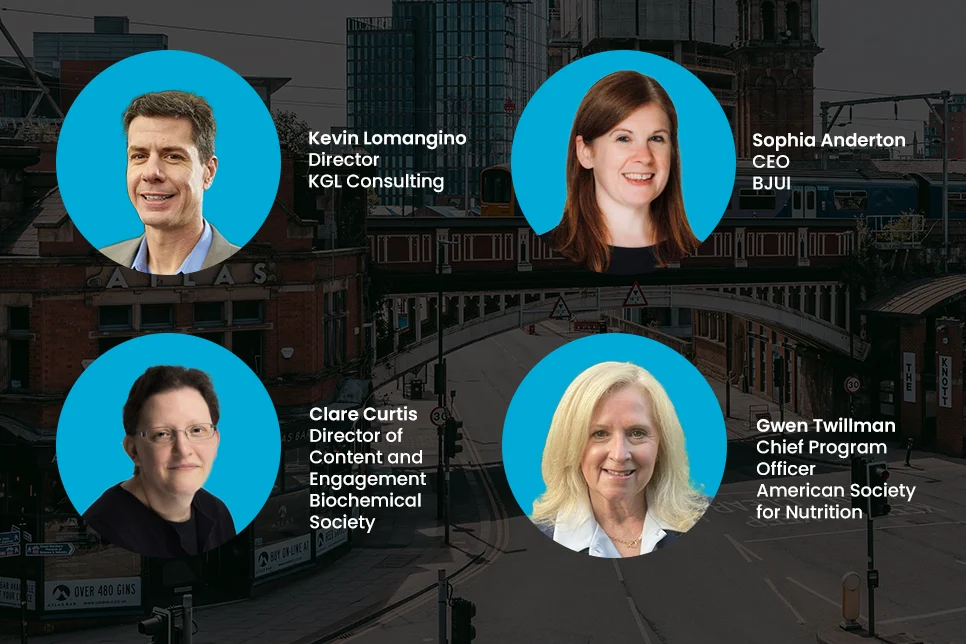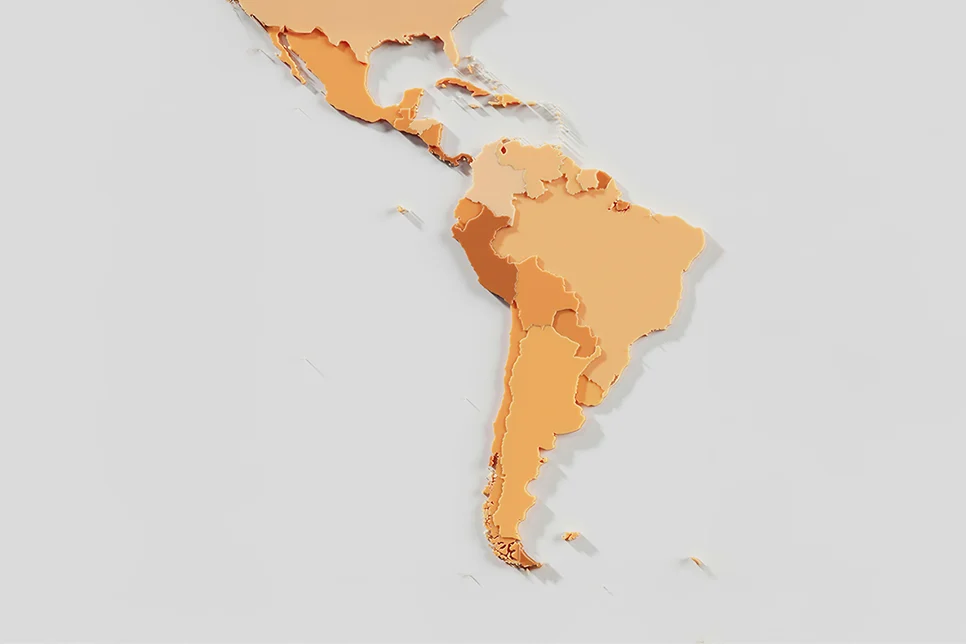
This April, the Americans with Disabilities Act Title II regulations finally come into play. Here we look at what this means for publishers and the steps they might be taking to comply.

AI is shifting from tools to operating layers. KGL's Hong Zhou highlights what eight major trend reports reveal for the future of scholarly publishing and education.

At the start of each year KGL gathers its brightest minds and aims to second guess what will be the big themes in publishing of the year ahead.
Spotlight on China: Navigating Access, Open Access, and Growth in a Rapidly Shifting Academic Market
In this blog, KGL Accucoms has revealed some new insights on China that publishers can’t afford to miss.
Timing is what transforms a renewal from a conversation into a negotiation in the context of publisher contracts.
In this post we look back at some of the most important Research Integrity touchpoints from 2025.
As 2025 comes to a close, the KGL Accucoms teams from around the world have reflected on the major trends, challenges, and opportunities shaping conversations with libraries and publishers this year.
At this year’s ALPSP Conference, KGL’s Director of Consulting, Kevin Lomangino, chaired a candid discussion with three society publishing leaders, each of whom shared what they’ve tried, what they’ve learned, and how they are working to build more resilient and responsive journal programs for the future.
KGL Accucoms speaks with Anouk Snijders, Commercial Manager for LATAM, about what it really takes to succeed in this vibrant, relationship-driven region.







